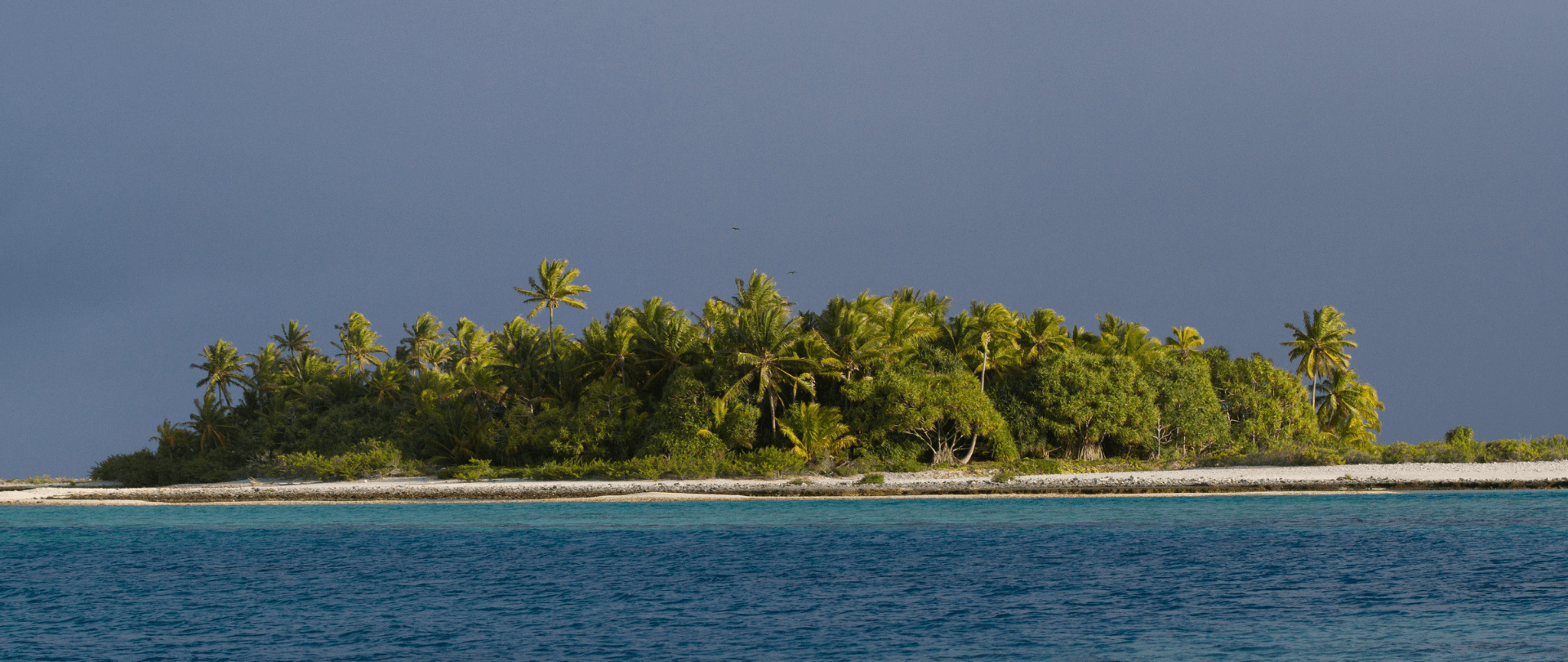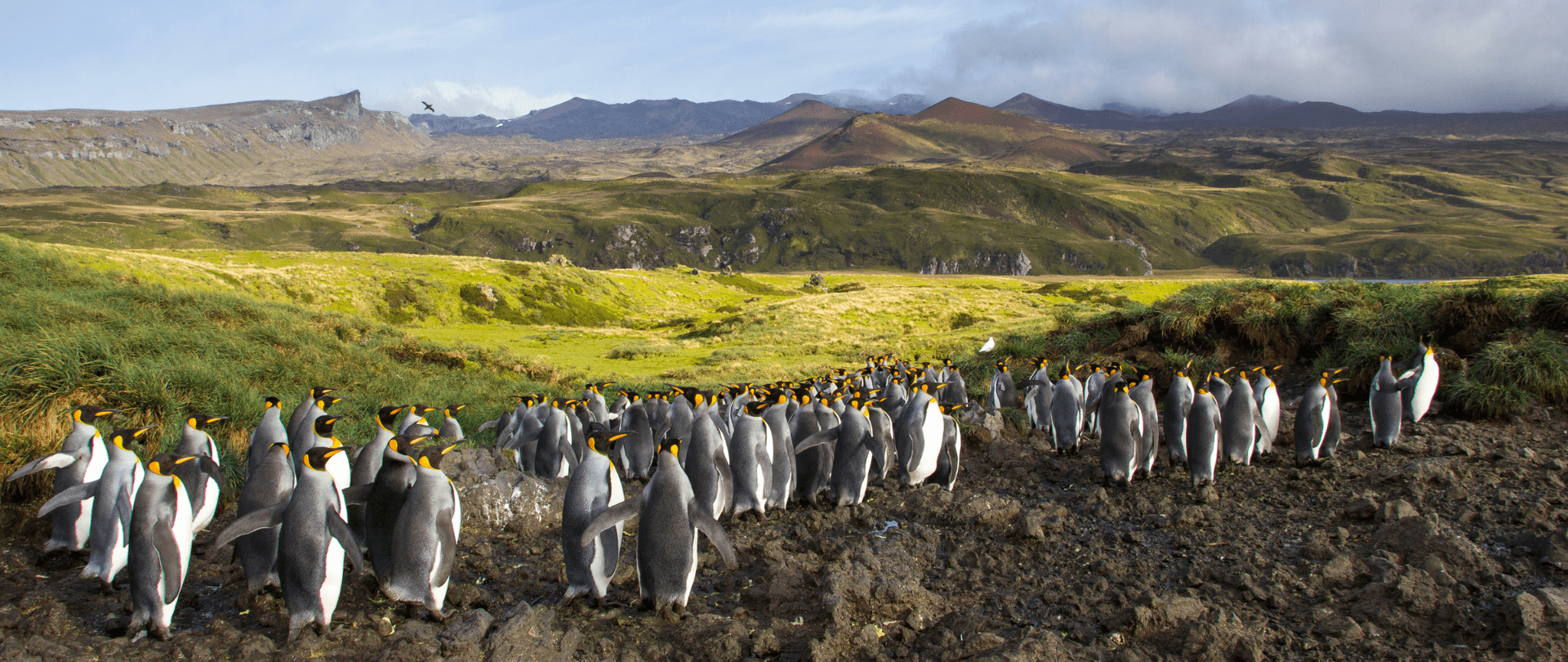The Ebiil Society: Champions of Palau
Ann Singeo, founder of our partner organization the Ebiil Society, shares her vision for a thriving Palau and a flourishing world of indigenous science!
Our new online shop is live!
Published on
December 21, 2020
Written by
Emily Heber
Photo credit
Emily Heber

Known for their adventures protecting tiny shorebirds and mighty carnivores of North America, the conservation dog duo, Bella and Blue, return for the third book in the Bella the Wildlife Ambassador series, entitled Blue Dives In. Future scientists and their families can follow Bella and Blue as they learn about complex conservation challenges in language understood by kids, offering ideas for how people can help in their everyday lives. This time, Bella and Blue travel to Belize, where they meet various ocean creatures, learning about wildlife and the conservation threats they sometimes face.
Along with the engaging and educational experience that Bella and Blue provide for both children and adults alike, proceeds from the book sales contribute directly to ocean and island conservation. Author and Island Conservation Board Member, Katie Dolan, has dedicated the ocean adventure to Island Conservation and Wildlife Conservation Society’s New York Aquarium—pledging proceeds from book sales to the organizations.
Join Blue and Bella as they meet creatures of the coral reefs, befriend a lost humpback whale calf, and talk with a friendly brown pelican about the pressures of seabirds. Following their journey, readers learn about jellyfish, invasive species on islands, shark conservation, whale behaviors, surprising reef fish adaptations, and a famous scuba diving dog.
Order your copy of Blue Dives In through Amazon Smile and select Island Conservation as your recipient organization! This and other Wildlife Ambassador books are also available at Bookshop.org.
The world’s oceans and associated marine biodiversity are increasingly degraded and imperiled, which impacts island communities that rely on them. Many threats to marine ecosystems are due to human actions, or inactions, on adjacent lands.
A growing body of scientific evidence connects healthy marine habitats to island restoration—particularly by removing introduced, damaging, invasive species and reestablishing native island species and ecosystems. Evidence suggests that the return of seabirds and native vegetation helps reestablish critically important terrestrial-marine interactions, including nutrient flows. Evidence correlates the health of coral reef or temperate near-shore ecosystems with terrestrial island ecosystems that are thriving with native plants and animals in the absence of invasive species.
Proceeds from Blue Dives In will support Island Conservation’s ongoing efforts to expand upon existing research in partnership with leading ocean conservation experts.
Check out other journal entries we think you might be interested in.

Ann Singeo, founder of our partner organization the Ebiil Society, shares her vision for a thriving Palau and a flourishing world of indigenous science!

This historic agreement aims to protect the marine and coastal areas of the Southeast Pacific.

Our projects to restore key islets in Nukufetau Atoll forecast climate resilience and community benefits in Tuvalu!

Island Conservation and partners have published a new paper quantifying ecosystem resilience on restored islands!

Climate Week NYC: what is it and why is it important? Read on to find out why Island Conservation is attending this amazing event!

With sea levels on the rise, how are the coastlines of islands transforming? Read on to find out how dynamic islands really are!

Join us in celebrating the most amazing sights from around the world by checking out these fantastic conservation photos!

Rare will support the effort to restore island-ocean ecosystems by engaging the Coastal 500 network of local leaders in safeguarding biodiversity (Arlington, VA, USA) Today, international conservation organization Rare announced it has joined the Island-Ocean Connection Challenge (IOCC), a global effort to…

Island Conservation accepts cryptocurrency donations. Make an impact using your digital wallet today!

For Immediate Release Conservation powerhouse BirdLife South Africa has joined the Island-Ocean Connection Challenge (IOCC) – a global initiative aiming to restore, rewild and protect islands, oceans and communities – to support its work to save internationally significant albatross populations…